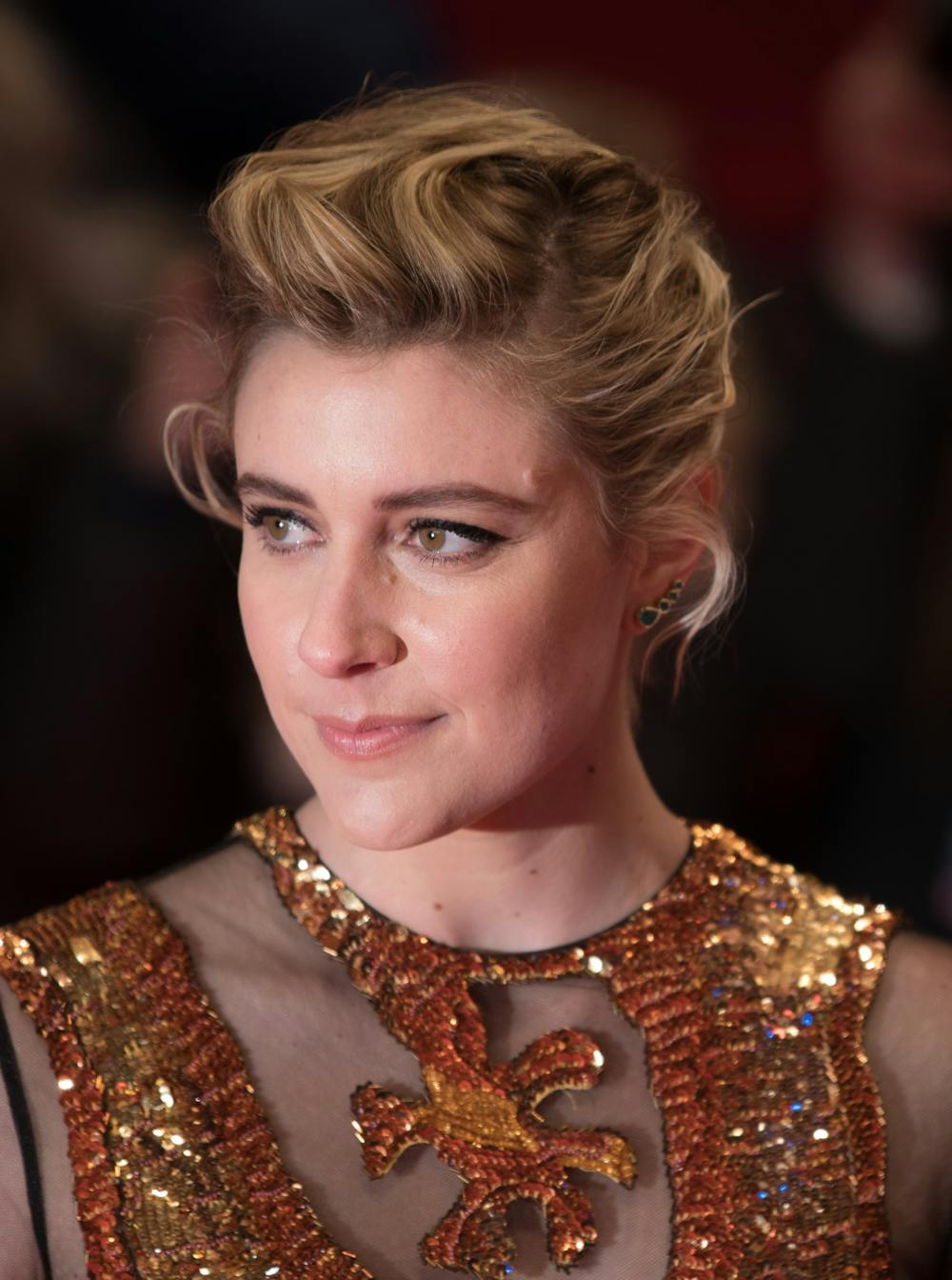Louisa May Alcott’s story, Little Women, whose volumes were published in 1868 and 1869, remains a truly timeless piece, as seen in the recent release of its seventh film adaptation by director and screenwriter Greta Gerwig this past Christmas. Gerwig’s adaptation of Little Women brilliantly showcased the story and has received six Oscar nominations including: Best Picture, Best Actress (Saoirse Ronan), Best Supporting Actress (Florence Pugh), Best Original Score (Alexander Desplat), Best Adapted Screenplay (Greta Gerwig), and Best Costume Design (Jacqueline Durran).
For anyone that’s unfamiliar, Little Women takes place in a city loosely based off of Concord, Mass. during the Civil War. The story depicts the transition from childhood to womanhood for four sisters, Meg, Jo, Beth and Amy, under the loving and watchful eyes of their mother, “Marmee,” and their father. As the book illustrates the progression to maturity, each chapter contains anecdotes that highlight the girls’ internal struggles against their personality flaws or hardships to illuminate moral lessons for the reader.
Before watching the movie this past winter, I committed to diving into the story of the March family by reading the book for the first time. In just two days, I witnessed the growth of the girls in full force and enjoyed and took home the several lessons the story provides.
Leading up to my movie-watching experience, I really wanted the movie to hold true to the story of the book and for each of the girls’ distinct personalities to be showcased by the actors.
With a notable cast of actors, Gerwig’s film adaptation once again brings this story to life. Emma Watson, best known from her role as Hermione in the film adaptations of the Harry Potter series, fits the role of Meg, the beautiful eldest sister who faces motherhood first and faces it hardest.
With three prior Oscar nominations for her acting in Atonement, Brooklyn, and Lady Bird, Saorise Ronan, who approached Greta Gerwig herself for the role of Jo, took center focus in the film, accurately portraying the tomboyish and progressive personality of Jo.
Beth, the incredibly shy peacemaker of the family, is played by Eliza Scanlen, best known for her starring role in the HBO drama series Sharp Objects with Amy Adams. Lastly, Florence Pugh, an actor on the rise after starring in A24’s summer hit, Midsommar, who also earned a role as Black Widow’s sister in the upcoming Marvel movie, demonstrated Amy’s youth and confidence.
The movie also features Laura Dern, recently nominated for an Oscar for her role in Marriage Story, playing “Marmee,” Bob Odenkirk, known for his critically acclaimed role as Saul from the Breaking Bad, playing the father of the March family, Timothee Chalamet, another actor on the rise known for his roles in Call Me by Your Name and Beautiful Boy, playing the March’s young neighbor Laurie and Meryl Streep, who plays Aunt March and is of course known by her record 21 Academy Award nominations.
Gerwig’s adaptation matched the essence of the original story with a fresh new style and emphasis on the progressive aspects of the book’s story. The movie quickly transitioned between two stages of the story — the early childhood growth of the girls under the roof of their mother, and their later growth as individual women seven years later.
Great emphasis was placed on Jo, a strong progressive figure who, in the movie, challenged the conventional expectation of romance and marriage for women by fighting for an independent life and career as a writer.
Gerwig most clearly conveys this fight when Jo says: “Women have minds and they have souls as well as just hearts. They’ve got ambition and they’ve got talent as well as just beauty. I am so sick of people saying that love is just all a woman is fit for. I’m so sick of it! But — I am so lonely.”
Throughout the movie, Gerwig also uses Amy and Jo to alternatively theorize marriage as an “economic proposition,” in which a woman marries in part because she must survive economically given the conditions of their present society.
Little Women is loosely based on the story of Alcott’s own family. In her story, Alcott is represented by Jo’s character. Both are the second daughters of a family of four girls and are female writers that challenge the 19th century notion that women are only fit for marriage. And, though Alcott herself never married, at the end of her novel, under the pressure of her publisher and audience, she wrote that Jo — despite refusing marriage earlier in her life — finally decided to get married to a scholarly friend she met while in New York City, Professor Bhaer.
At the end of Gerwig’s film, Jo is shown as if she is Alcott presenting her finished version of Little Women to her publisher. Just like in Alcott’s life, Jo’s publisher in the movie pushes Jo to make her heroine character get married in her book.
From the ending, it is unclear whether or not Jo actually married in real life, or if she only married within the book she wrote. Either way, by doing so, Gerwig finally addresses the ending we can assume that Alcott originally desired, satisfying the progressive view that a woman doesn’t need to marry.
With timeless life lessons, Greta Gerwig’s new film adaptation of Little Women revitalizes the story with a new progressive emphasis and a stellar cast. Reading the book and watching the new movie was an incredibly eye-opening and enjoyable experience, and it remains relevant to all audiences.





